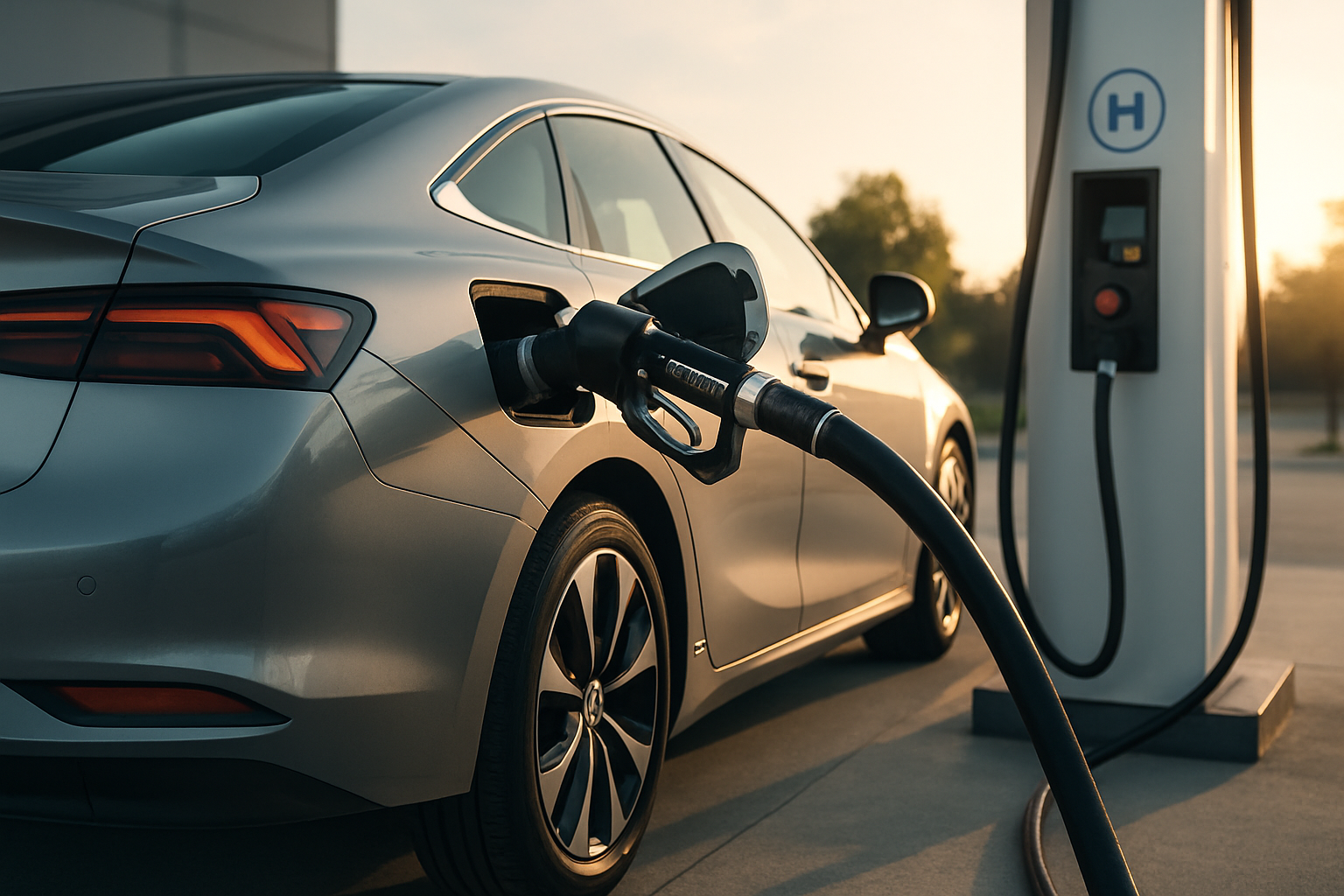Fuel Cell Vehicles: A New Dawn in the Automotive Industry
In the world of automobiles, innovation is a constant process. In recent years, there's been a shift towards more sustainable and eco-friendly alternatives. One such promising technology is fuel cell vehicles (FCVs). Not as widely discussed as electric or hybrid vehicles, FCVs offer a different perspective on green mobility. Let's delve into the intricacies of this technological marvel.

The Birth of Fuel Cell Vehicles
Fuel cell technology was not initially developed for automobiles. In fact, it was first employed by NASA in the 1960s for space missions. The technology provided a reliable source of electricity and drinking water for astronauts. With the growing concern for climate change and sustainable development, fuel cell technology eventually found its way into the automotive industry.
How Fuel Cell Vehicles Work
Fuel cell vehicles operate on hydrogen gas to power an electric motor. Unlike conventional vehicles that run on gasoline or diesel, FCVs combine hydrogen and oxygen to produce electricity, which runs the motor. The only by-product of this process is water, making it an incredibly clean technology.
The Rise of Fuel Cell Vehicles
Fuel cell vehicles are still in their infancy, with few models available for purchase today. However, industry experts predict a bright future for FCVs. Companies like Toyota and Honda are investing heavily in this technology, indicating its potential. Although the current infrastructure for hydrogen refuelling is limited, efforts are underway to establish a robust network.
The Pros and Cons of Fuel Cell Vehicles
Fuel cell vehicles offer several advantages, including zero greenhouse gas emissions, quick refuelling times, and longer range compared to battery electric vehicles. However, they also face significant challenges. The production of hydrogen is energy-intensive and often relies on non-renewable resources. Moreover, the lack of a widespread hydrogen refuelling infrastructure limits the practicality of FCVs for many potential buyers.
The Future of Fuel Cell Vehicles
Despite the hurdles, the prospects for fuel cell vehicles are promising. Technological advancements are making hydrogen production more efficient and less dependent on fossil fuels. Additionally, several countries are actively promoting the use of hydrogen as a renewable energy source, which could boost the FCV market.
The world of automobiles is ever-evolving, and fuel cell vehicles represent a fresh chapter in this ongoing story. As we strive for a greener future, FCVs provide hope for a world where cars can run cleanly and efficiently without compromising on performance. The road to this future may be long and filled with challenges, but the destination promises to be worth the journey.




